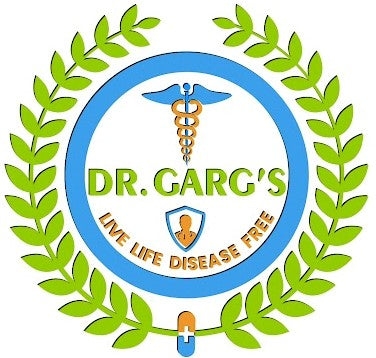Psoriasis Treatment
Overview of Psoriasis Treatment: Causes, Symptoms, Diagnosis, Homeopathic & Ayurvedic Treatment

Introduction:
Psoriasis is a chronic autoimmune skin disorder that affects millions of people worldwide. It is characterized by the rapid buildup of skin cells, resulting in thick, red patches covered with silvery scales. Psoriasis can be a challenging condition to manage, but with the right treatment approach, individuals can experience relief and better quality of life. In this article, we will provide an overview of psoriasis, including its causes, symptoms, and diagnosis. Additionally, we will explore the potential of homeopathic and Ayurvedic treatments for psoriasis.
Causes of Psoriasis:
The exact cause of psoriasis is still not fully understood, but research suggests that it is a result of a combination of genetic, environmental, and immune system factors. In people with psoriasis, the immune system mistakenly attacks healthy skin cells, leading to an accelerated production of new skin cells. This rapid cell turnover causes the characteristic skin patches associated with psoriasis.
Symptoms of Psoriasis:
Psoriasis can manifest in various forms, with each type having distinct symptoms. The most common type is plaque psoriasis, characterized by raised, red patches covered with silvery-white scales. These patches can appear anywhere on the body, but they often occur on the elbows, knees, scalp, and lower back. Other forms of psoriasis include guttate psoriasis, pustular psoriasis, inverse psoriasis, and erythrodermic psoriasis. Symptoms may include itching, burning, pain, and in severe cases, joint inflammation (psoriatic arthritis) can also occur.
Diagnosis of Psoriasis:
Diagnosing psoriasis is typically done by a dermatologist who specializes in skin conditions. The diagnosis is based on a thorough examination of the skin, nails, and scalp. Medical history and family history of psoriasis are also taken into consideration. In some cases, a skin biopsy may be performed to confirm the diagnosis and rule out other skin disorders.
Treatment Options for Psoriasis:
The treatment of psoriasis aims to reduce inflammation, control symptoms, and prevent flare-ups. The choice of treatment depends on the severity of the condition, the type of psoriasis, and individual factors. Common treatment options include:
1. Topical Treatments:
These are applied directly to the affected skin and include corticosteroids, retinoids, vitamin D analogs, and calcineurin inhibitors. Topical treatments can help reduce inflammation and control scaling and itching.
2. Phototherapy:
This involves exposing the skin to ultraviolet (UV) light under medical supervision. Phototherapy can slow down the excessive skin cell growth and improve the symptoms of psoriasis.
3. Systemic Medications:
In cases of moderate to severe psoriasis, oral or injected medications may be prescribed. These medications work by suppressing the immune system or targeting specific molecules involved in inflammation.
4. Biologic Drugs:
Biologics are a type of systemic medication that targets specific immune system proteins involved in psoriasis. They are usually reserved for severe cases and can provide significant symptom relief.
Homeopathic Treatment for Psoriasis:
Homeopathy is a holistic system of medicine that considers the individual's overall health, including physical, mental, and emotional aspects. Homeopathic treatment for psoriasis involves individualized prescriptions based on the person's unique symptoms and constitutional makeup. Common homeopathic remedies used for psoriasis include Arsenicum album, Graphites, Sulphur, Rhus toxicodendron, and others. These remedies aim to stimulate the body's self-healing processes and restore balance.
Ayurvedic Treatment for Psoriasis:
Ayurveda, an ancient system of medicine from India, also offers treatment options for psoriasis. According to Ayurvedic principles, psoriasis is considered a result of imbalances in the body's doshas (energies). Ayurvedic treatments for psoriasis may include herbal remedies, dietary modifications, lifestyle changes, detoxification procedures, and stress management techniques. Popular Ayurvedic herbs used for psoriasis include Neem, Turmeric, Aloe Vera, and Guggul.
It is important to note that both homeopathic and Ayurvedic treatments for psoriasis should be sought under the guidance of Dr. Garg, who is qualified practitioners experienced in these systems of medicine. He can provide individualized treatment plans and monitor progress over time.
Conclusion
In conclusion, psoriasis is a chronic skin condition that can significantly impact a person's quality of life. While conventional treatments play a crucial role in managing psoriasis, complementary approaches like homeopathy and Ayurveda may offer additional support. It is essential to work closely with Dr. Garg’s Clinic to get a personalized treatment plan that addresses individual needs and ensures comprehensive care for psoriasis. We have a team of qualified doctors and medical professionals who are committed to helping you in your journey to better health.
